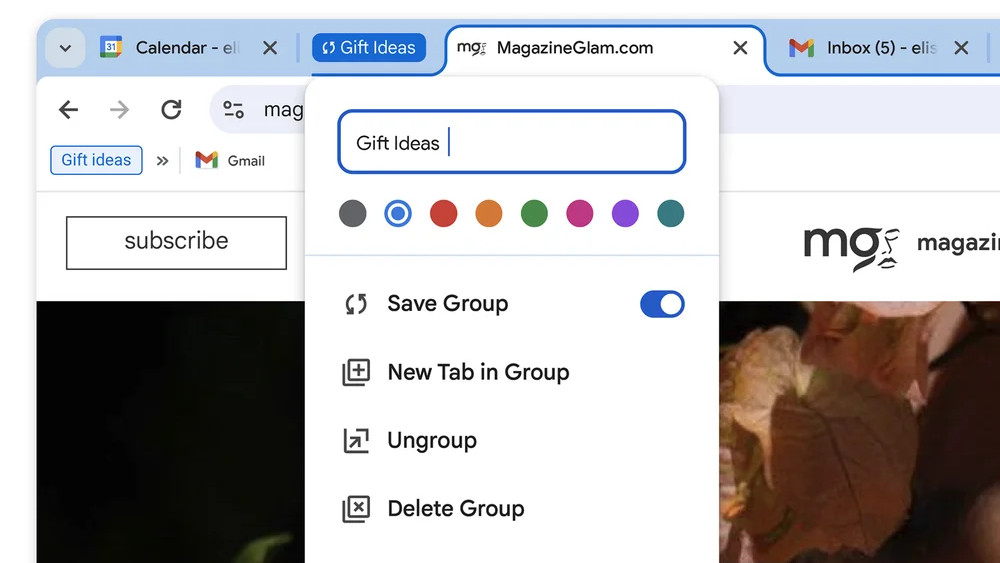
Google’s Chrome browser is getting some smart new features including measures to keep you safer when online.
Chrome’s December update changes things so that the existing Safety Check feature runs automatically in the background, popping up alerts in certain scenarios. That includes when Google detects that any of the passwords you’ve saved in Chrome have been compromised.
You’ll also be warned if any extensions installed are potentially malicious, and about any site permissions which are needing to be okayed. The feature will also revoke site permissions like access to the microphone or camera if you haven’t visited a website in a long time.
Similarly, sites you don’t use much that are sending a lot of notifications will be flagged up to allow you to disable those notifications if you prefer. Finally, Safety Check will also inform you if you need to update Chrome.
Safety Check alerts will be flagged up in the three-dot menu at the top-right of Chrome (used to summon the browser’s main menu).
The new Chrome update also introduces the ability to save tab groups across multiple devices, ready to fire back up as a batch when needed. This functionality may not be present for you yet, but it’s rolling out to Google’s browser over the next few weeks.
Google also reminds us that its web browser now shows the memory usage of any tab when you hover over that tab with the mouse cursor, a handy little addition for finding out if any particular tab is being a resource hog. (Although that’s somewhat less of a problem now Chrome can be set to sleep tabs that aren’t currently active).
Sign up for breaking news, reviews, opinion, top tech deals, and more.

Analysis: Safety first (and second)
Previously, Safety Check was a feature that you had to run manually by delving into Chrome’s Settings, and having the check run itself periodically is a useful move in terms of shoring up the security of the browser. It’s also good that this incorporates tidying up bits and pieces like revoking permissions for sites you’ve not visited for ages – if you no longer use a website, why have these more intrusive (camera, mic, etc) permissions in place, after all?
Alerts for compromised passwords will always be a useful security feature, too, for those who save their passwords directly to the browser.
Proactive prompts to update Chrome when a new version is available are also good to see. Some nasty security holes can pop up in Google’s browser – or any software, to be fair – and getting them patched pronto is always a good idea. Indeed, we saw a worrying vulnerability in Chrome just yesterday, so it’s worth checking your browser is updated right now.
Google finishes its blog post about these latest Chrome changes by noting that features are inbound for the browser which will use its next-gen Gemini AI model, so those should be interesting additions. Those capabilities are arriving early next year, apparently.
Via Ghacks
You might also like
Darren is a freelancer writing news and features for TechRadar (and occasionally T3) across a broad range of computing topics including CPUs, GPUs, various other hardware, VPNs, antivirus and more. He has written about tech for the best part of three decades, and writes books in his spare time (his debut novel - 'I Know What You Did Last Supper' - was published by Hachette UK in 2013).